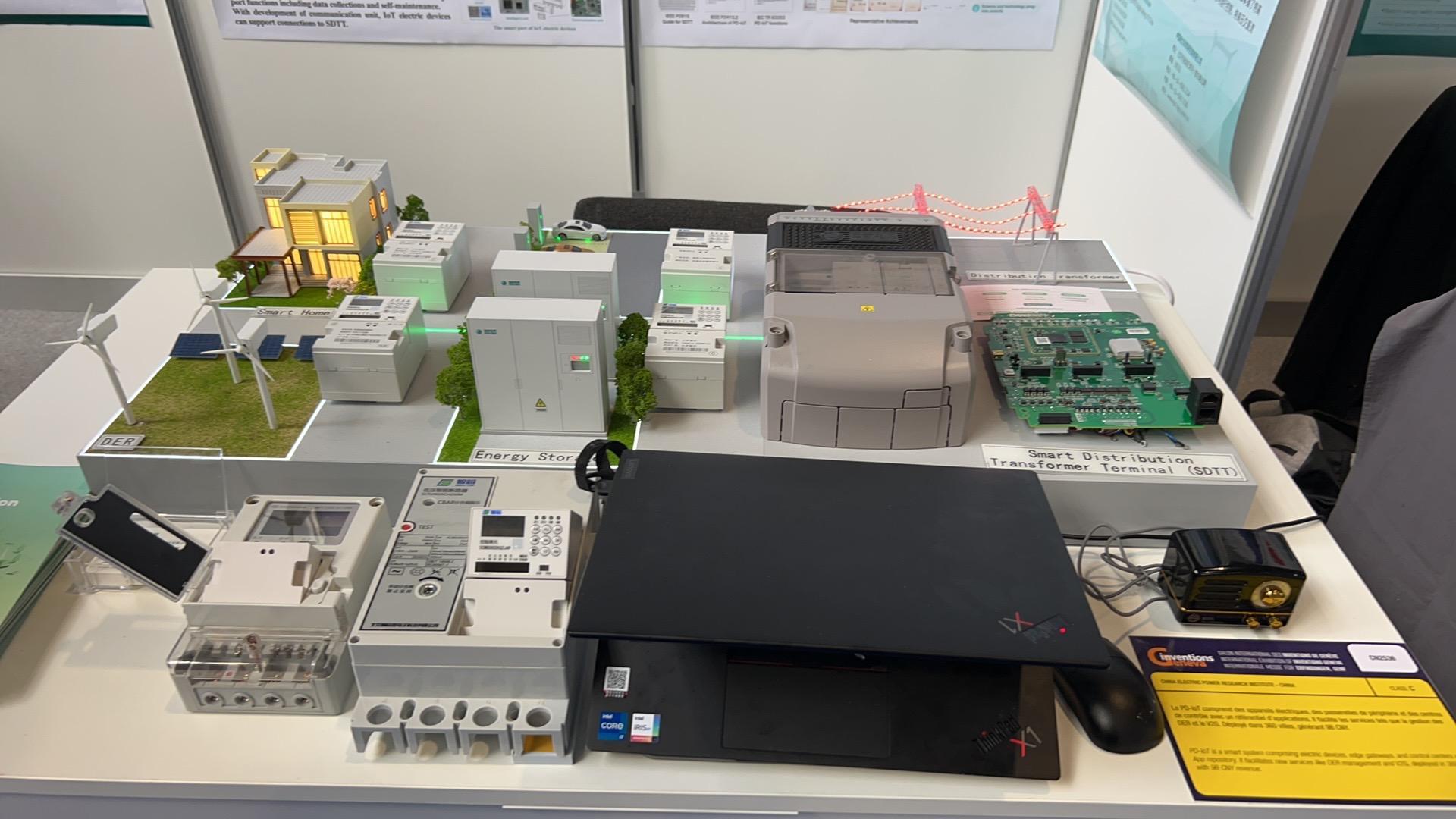Makeover of Bohai Coast from Barren Land to Farmland
Rice field improved from saline-alkali land in Tangshan, Hebei province. (PHOTO: XINHUA)
By?Staff?Reporters
The salinization of soil poses a serious threat to agriculture and sustainable development by reducing the growth of crops. China has about 100 million hectares of saline-alkaline land, of which only one-third could be used to grow crops.
Hence, in recent years the focus is to develop and utilize the saline-alkaline land in the low plain area around Bohai Bay.
In 2013, the Chinese Academy of Sciences (CAS) and the Ministry of Science and Technology launched a demonstration project in collaboration with the local governments of Hebei, Shandong, Liaoning and Tianjin to improve the capacity of the low-yield fields.
Improving soil quality
To treat the shortage of fresh water and the high salt content of the soil, researchers used several methods like using a combination of irrigation techniques, treating the soil chemically and planting halophytes which can grow in saline conditions.
CAS established an ecological agriculture experimental station in Nanpi, a county in Hebei province, to research on improving saline-alkaline land and breeding wheat varieties that can grow on such land. They used modifiers – substances that can reduce salinity and alkalinity, and introduced microorganisms or plants that can enhance soil fertility and biodiversity.
Nanpi has also made a breakthrough in the irrigation system. CAS scientists created a technology to use brackish water that is slightly salty but not as much as seawater for irrigation. This has increased crop production while saving water.
Dong Xinliang, associate researcher at the Agricultural Resources Research Center of CAS's Institute of Genetics and Developmental Biology (IGDB), said, "We found that during the jointing stage of wheat, the use of saline water for irrigation does not affect the growth and yield. It can also save about 20 percent of fresh water." This technology has been promoted in over 66,000 hectares of land in the Bohai coastal area.
Developing salt-resistant varieties
With the assistance of the molecular breeding joint centers and breeding bases of the IGDB, Nanpi has developed six varieties of wheat and corn. Among them, the winter wheat varieties "Xiaoyan 60" and "Xiaoyan 155" are being grown in Hebei, Tianjin, Shandong and Xinjiang.
Today, more varieties of crops have been developed for saline-alkaline land. By the end of October 2021, the saline-alkaline-resistant rice developed by the sea rice research team in Shandong's port city Qingdao had been tested in the sea rice planting base in Weifang, a city in Shandong, with satisfactory results. The average yield has exceeded 10,000 kg per hectare.
The saline-alkaline land now not only produces grain, but also saline-tolerant herbs, grass, fruits and special crops. About 21,000 saline-tolerant germplasm resources are preserved in the Yellow River Delta agricultural high-tech industrial demonstration zone, of which 45 new lines have been selected for breeding.
The sea rice planting base cultivates rice and shrimp symbiotically. It is estimated that after three years of cultivation, the salinity of the soil will drop from 5.9 percent to 2.8 percent, which will play an important role in ensuring food security and alleviating the pressure on the red line policy, which dictates that no more than 120 million hectares of arable land will be cultivated.
Sustainable agriculture
The emergence of new technology and new business forms is also promoting the reclamation of saline-alkaline land, resulting in improved ecology as well as economy.
Huanghua, a city in Hebei, specializes in deep processing wheat. A wheat industry has come up with wheat being grown, processed into flour and made into food products, thus extending the industrial chain. The city produces over 130,000 tons of saline-alkaline resistant wheat and its 20 large flour processing enterprises have an annual processing capacity of nearly 500,000 tons.
Shandong boasts underground brine, an important natural resource for producing several cross-industry chemical products. Yangkou, a town in Shandong, has formed a marine ecological health industrial chain by utilizing the brine. It incorporates food, breeding, tourism, shopping and entertainment.
With sci-tech support, Shandong has transformed the formerly barren and ecologically fragile saline-alkaline land along Bohai Bay into a green and fertile area, which has boosted economic, social and ecological benefits and also become a cradle of innovation.







